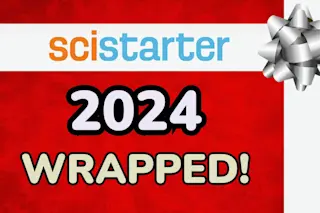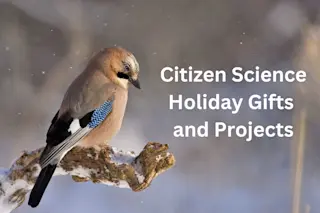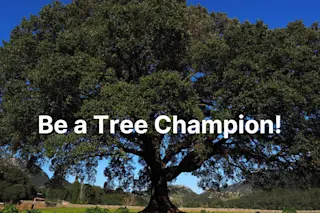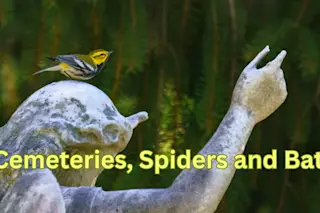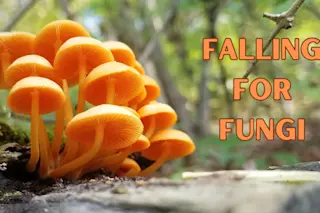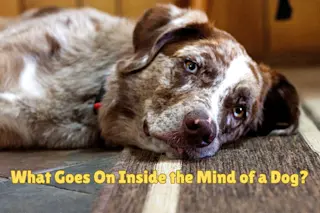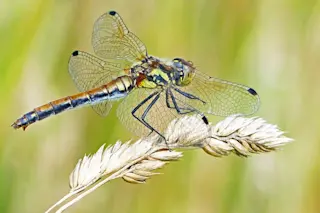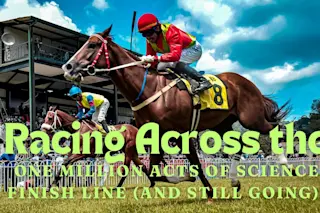Based on my many years of teaching elementary math and science, I know that when kids are bored with these subjects, it’s usually because they don’t see the point of how these subjects could be useful or interesting in the context of their real lives. Kids want to apply their math and science skills to make things happen! One great way to help them do this and see the value of these subjects is to introduce the idea of citizen science. Citizen science creates connections for kids: they see the relevance of math and science to the real world. A great way to help students learn about being a citizen scientist is to share Cyberchase with them.
Cyberchase is an award-winning animated math and science series for kids from WNET New York, airing on PBS KIDS. The show features the CyberSquad, a group of three earth kids and a cyber-bird, ...



